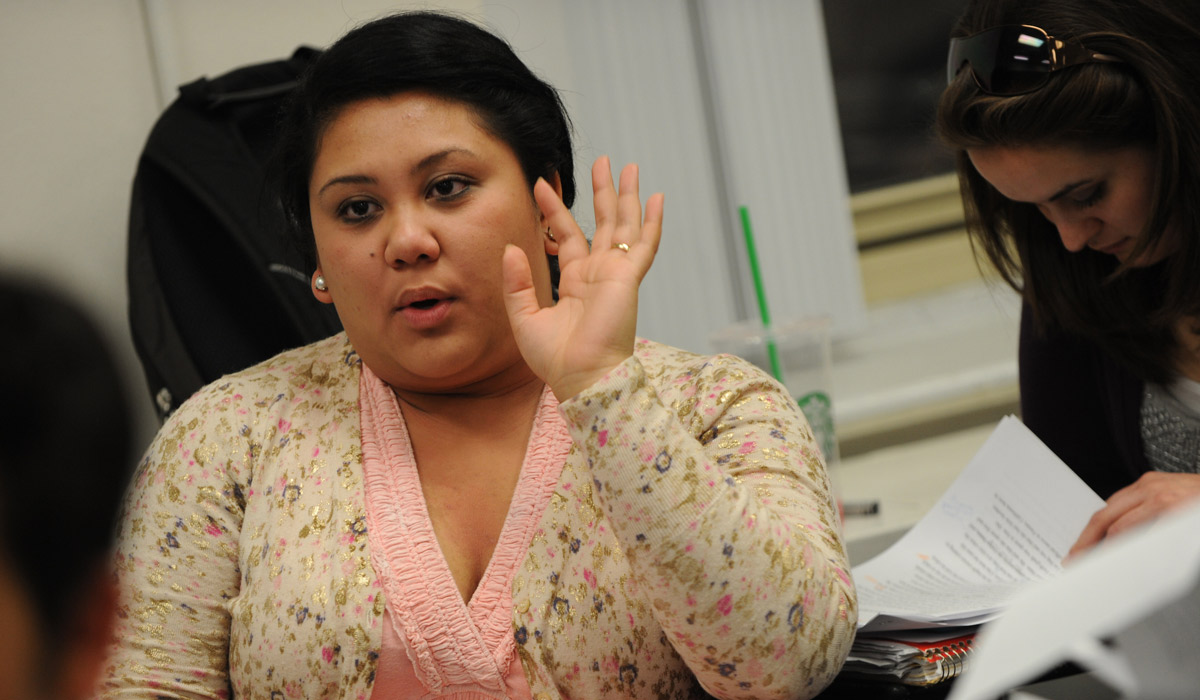- What is the purpose behind production?
- How does the media message want you to act on reception of the information?
- What are the unique characteristics of the medium?
- Where did the message come from?
- Is there more than one intended audience?
- Is the message stylized? Does it rely on stereotypes?
- How did the audience react to the message?
- What events led up to the production?
- What conventions are invoked? Have cultural attitudes changed or been affected as a result of the message?
- Does the message mimic, reinforce or shape cultural attitudes? Values? Behaviors? Myths?
- What world view is depicted? Is an ideology espoused? If so, by whom?
- Does concentration of ownership in the media industry affect the message?
- Who calls the shots?
- Does government regulation affect the message?
- What is the meaning of the message? What is the plot?
- How do characters interact? Is there a narrative?
- Do the characters change in any way? Why?
- Is there a predictable genre? Formula?
- How are the elements of editing, color, lighting, scale, position, movement, point of view, angle, connotation, performance, and sound used?
In the Department of Media Studies at Catholic University, we work to integrate all of the ideas about which you've just read and more into a versatile, student-centered learning experience. Our combination of theory and praxis, together with the latitude we provide students in determining the focus of their course of study, provides the graduate with an intellectually fulfilling, professionally useful education.

